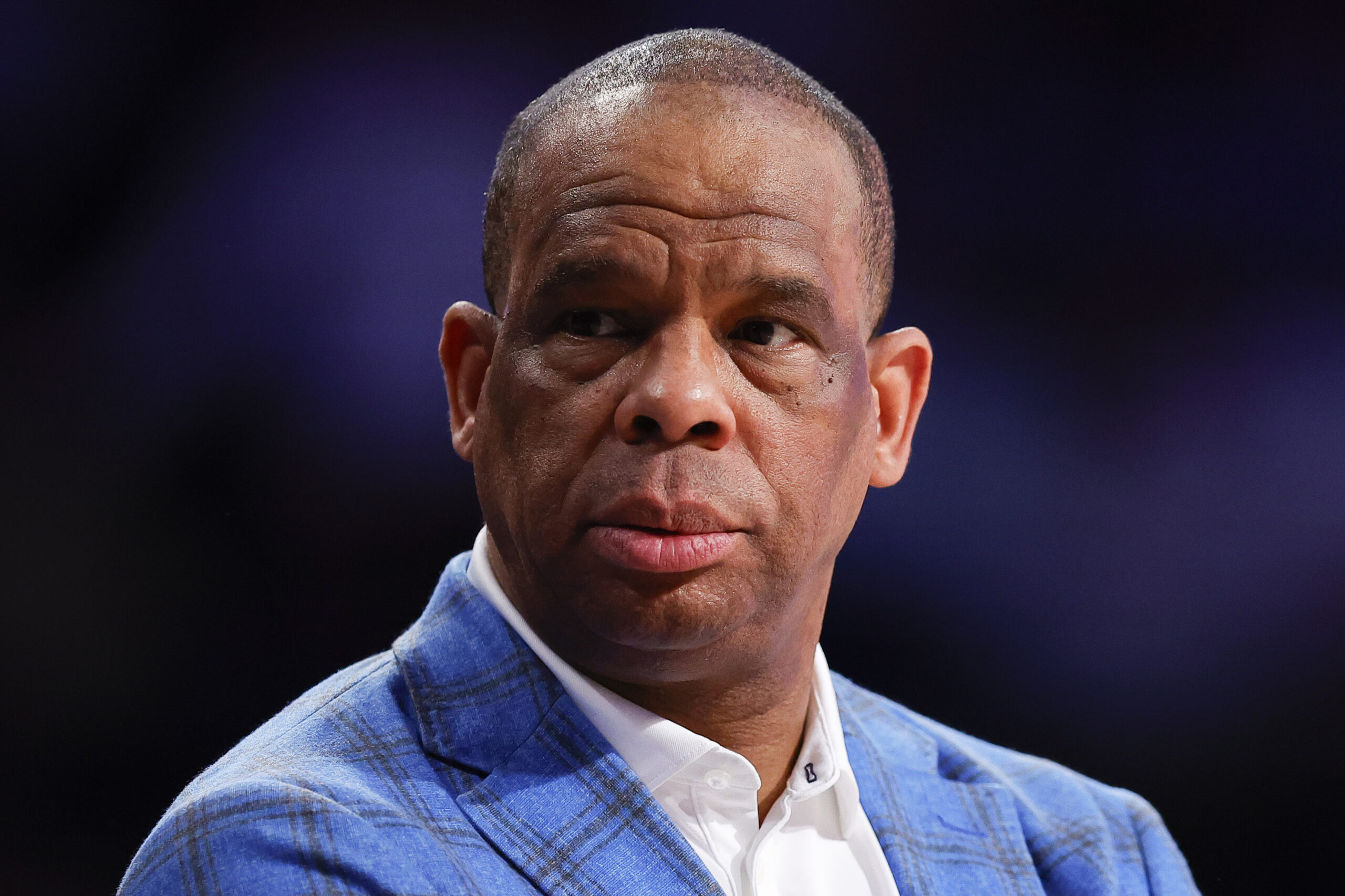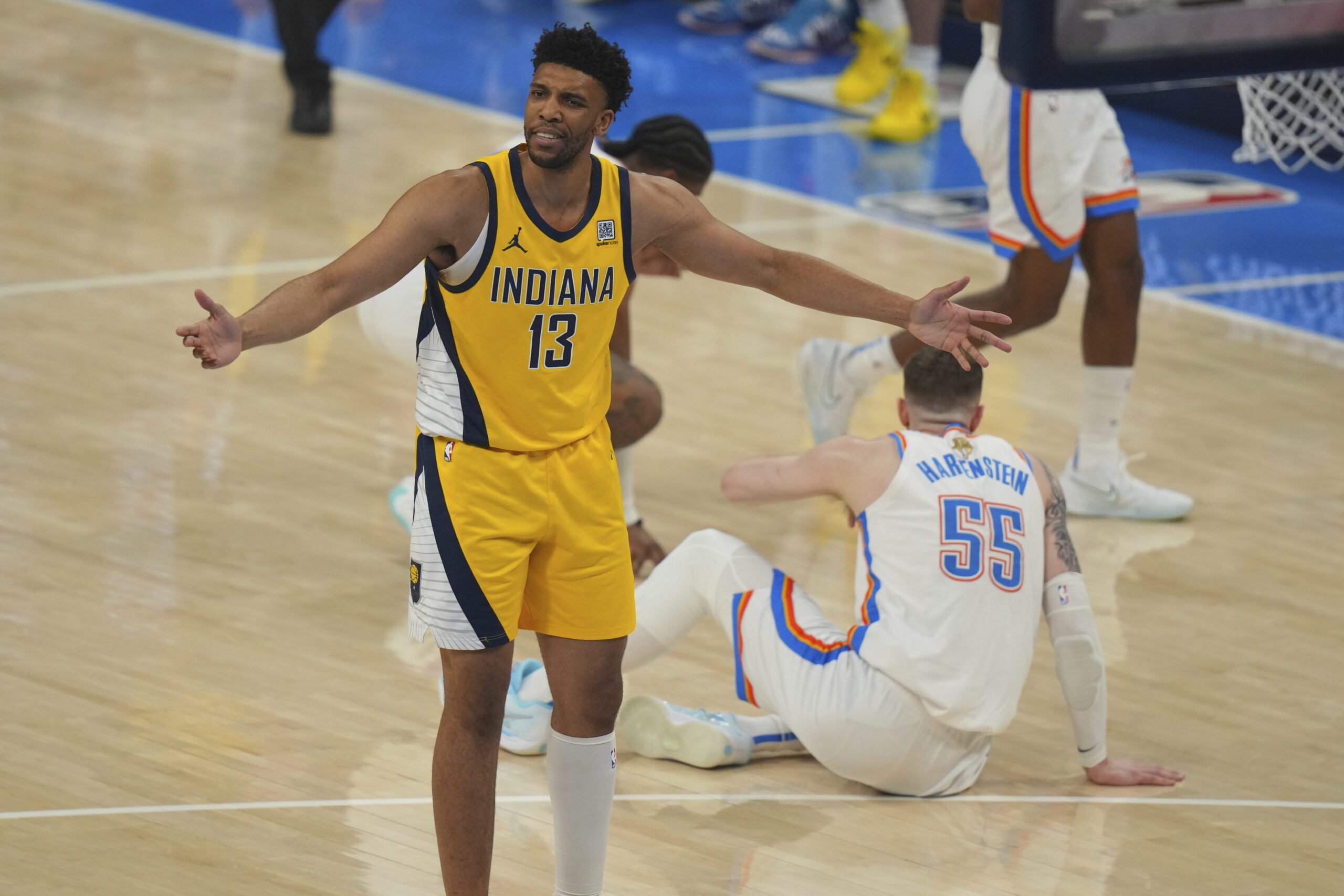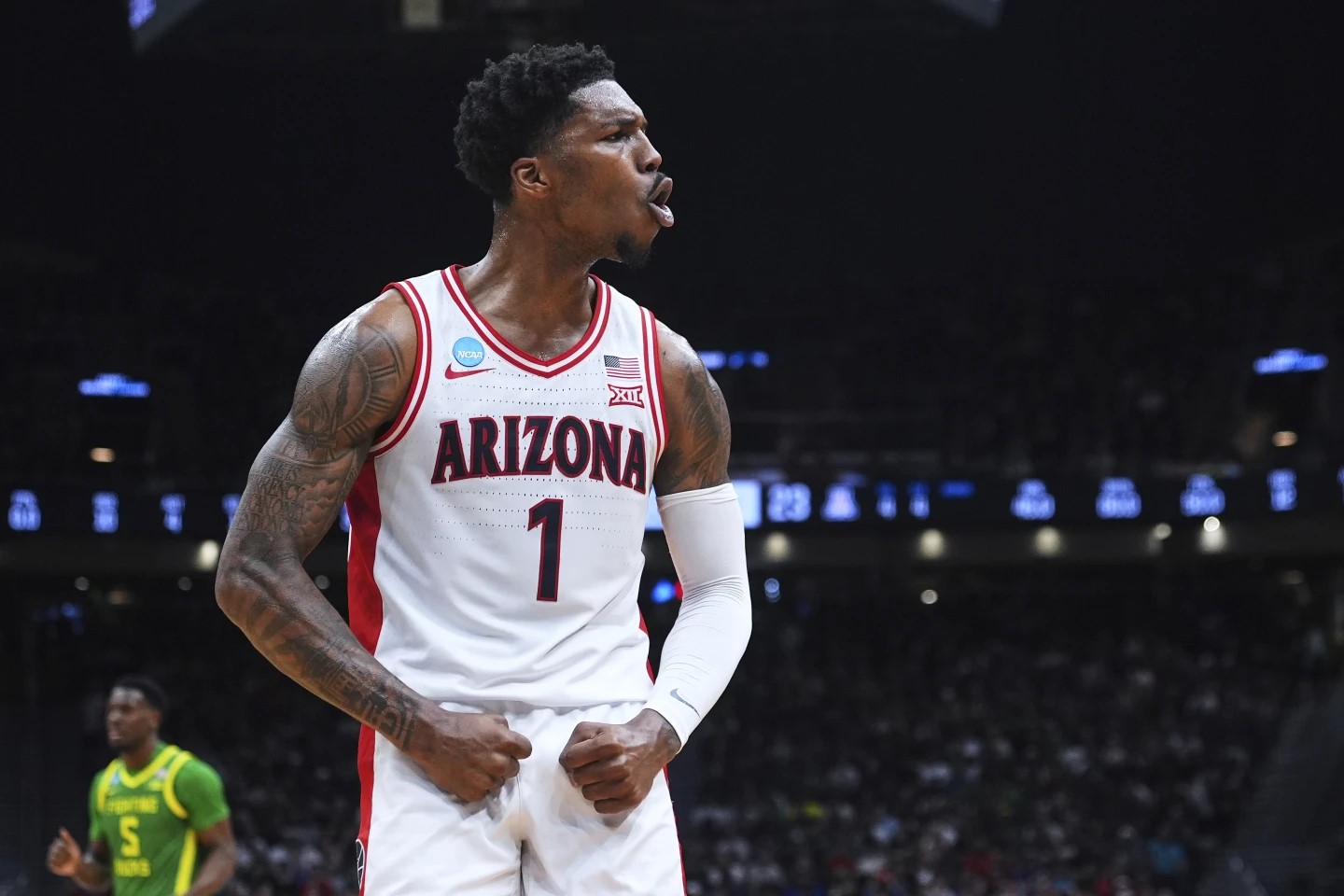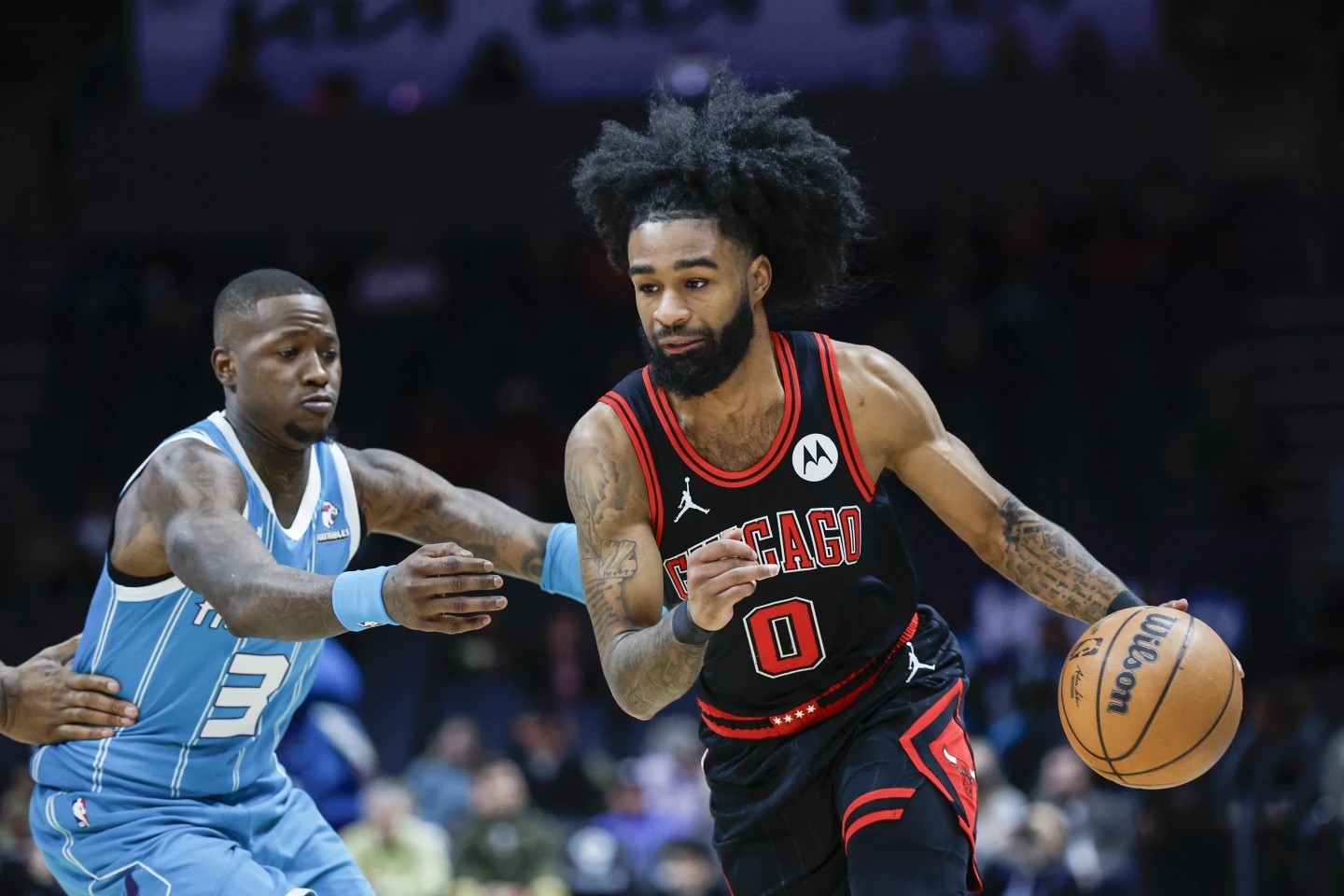Could the NBA have vetoed the Kevin Durant move?
Since Durant said he was going to Golden State, creating the specter of a super power for years to come, I wonder if the NBA could have blocked that free-agent signing, the way it stopped the proposed trade of Chris Paul to the Lakers in 2011.
In that decision, then-commissioner David Stern vetoed the trade of Paul from the lowly New Orleans Hornets to the perennial NBA power Lakers for reasons Stern said would plunder the New Orleans franchise, which has since been renamed the Pelicans, and stack the Lakers for another dynastic run.
The nixed deal, coming immediately after a five-month lockout that delayed the start of the 2011-12 season, directly affected at least half the league like a giant spider web, even though Paul was eventually traded to the Clippers. To this day, it remains a polarizing debate centered on competitive balance, protecting small-market teams, superstars’ power and free will, and whether the league overstepped its boundaries even if it had the right to do so.
The trade was a three-way deal moving a half-dozen players, and Stern believed it would not help the other two franchises involved and unfairly tilt the balance in the Western Conference toward the Lakers if Paul, nicknamed CP3, was allowed to move. Stern was acting as de facto owner of the old Hornets, who had been purchased away from George Shinn by the NBA.
Free agency now allows players to move around for so-called max contracts, with Durant being the big prize. But the premise still exists when you consider the overwhelming favorite Golden State now is in the West over small-market Oklahoma City and the aging San Antonio Spurs.
Could new commissioner Adam Silver, the Dukie who as an NBA deputy was involved in the CP3 decision, have stepped in and said the signing was bad for the competitive balance in the NBA? Apparently not, but four years later the last-place Lakers and the rest of the league still wonder if Stern had the right to do what he did.
Podcast: Play in new window | Download
Subscribe: RSS








